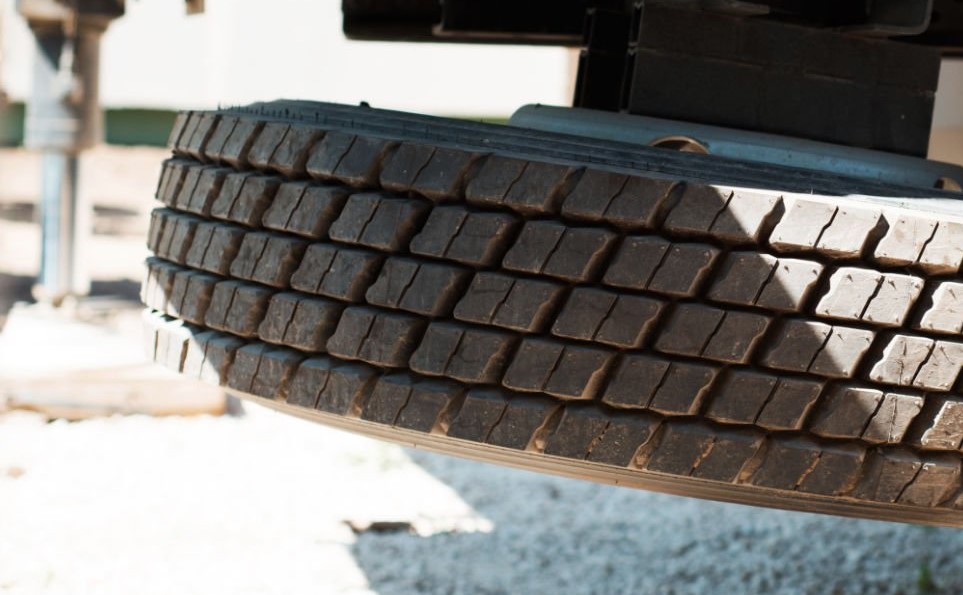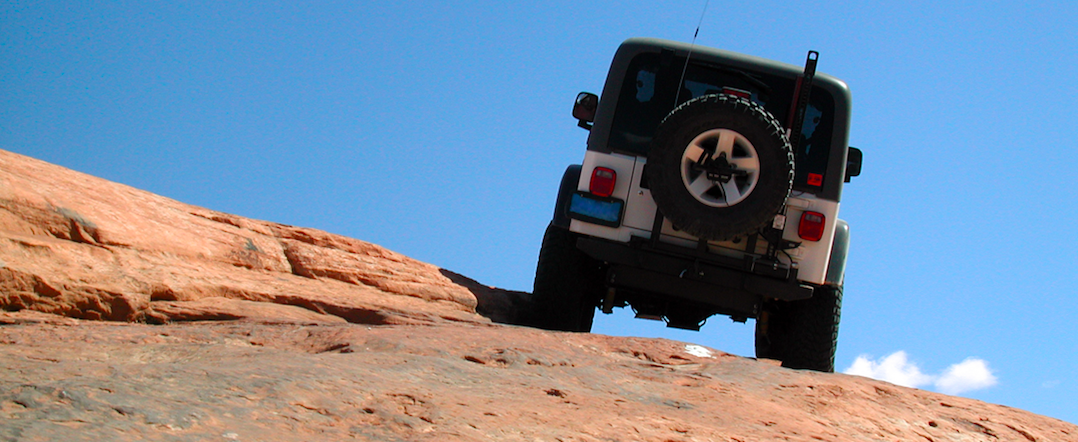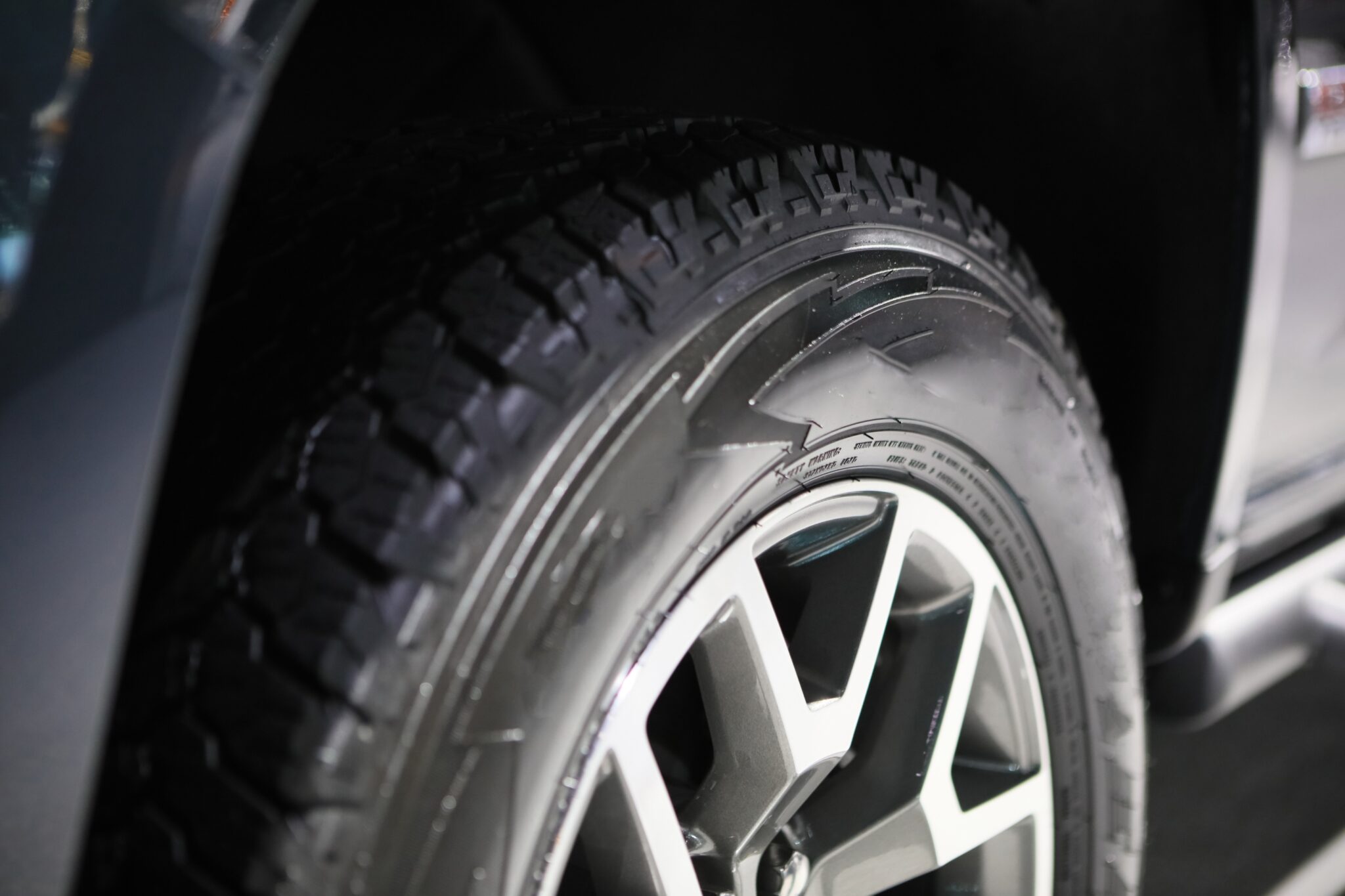Last Updated on April 21, 2024
Keep Your Recreational Trailer Tires Rolling Smoothly with Proper Care
Whether you haul a boat, your ATV, a fifth wheel, or a tent trailer, ensuring your recreational trailer tires are correctly working is essential.
Proper maintenance can make all the difference in your recreational trailer tires. With the appropriate care and maintenance tips, you can ensure your tires stay in great shape, providing safe and enjoyable adventures for years.
Ensuring your recreational trailer tires receive proper care is the key to keeping your journeys smooth and worry-free. With the proper maintenance and attention, you can maximize the lifespan of your tires, ensuring they’re ready for all your adventures. In this guide, we’ll explore essential tips to help you maintain your trailer tires so you can confidently hit the road and enjoy every mile.
Inspecting your Recreational Trailer Tires
Let’s start with why you should check your recreational trailer tires. Proper tire inflation is essential to keep any trip going smoothly and your gear in good condition. Underinflation is one of the most common issues drivers face with their recreational trailer tires. Underinflation of your tires causes unnecessary wear to your tires and can even cause a blowout, derailing your adventure before it even gets started.
Due to a trailer tire’s stiff sidewall construction, it will not bulge out when your recreational trailer tire pressure is low, like car tires. This is why checking the PSI with a pressure gauge is essential. The recommended inflation could be 40 PSI, but even at half of the recommended PSI, there would be no visual indication of a problem. A quality pressure gauge is the only way to check your PSI accurately!
You should also visually inspect the tread and sidewall when you check your tire inflation. You are looking for foreign objects like screws or nails that may be caught in the tread, cracking, deep cuts, or bulges on the sidewall that may indicate a broken cord. Some bumps or indentations on the sidewall could result from a joint in the belts. This is perfectly normal on a radial tire; however, if you have any concerns, you should inspect your tire before heading out.
Something else to look for is an irregular wear pattern in the tread. If present, this may indicate a mechanical issue with the trailer itself or an air pressure issue impacting the tread’s life. Finally, you want to ensure a valve cap on every tire. These cost just a few dollars but protect the tire valve from damage and provide added protection against slow leaks through the valve itself.
How to Find and Check Your Tires PSI
To check the pressure in your recreational trailer tires, look for the PSI recommendation from the trailer manufacturer. The PSI will be listed in your owner’s manual for the trailer or on a plaque on the trailer itself. The tire inflation recommendation is according to the maximum load capacity of the trailer itself, not the amount written on the side of the tire. To be sure, you can always call the trailer manufacturer to find this information.

Check your recreational trailer tires “cold” before driving or at least three hours after going. Then, insert the pressure gauge into the valve stem of your tire. Once you have the reading, you’ll know if your tire’s psi is under or over the recommended amount, and you can act accordingly.
Issues with Recreational Trailer Tires when they Sit for Long Periods of Time
Another issue you may face with your trailer tires is oxidation. UV radiation, sunlight, and oxygen can cause damage to your tires as they sit outside or on moist grass in non-use seasons. This can be resolved by using tire covers for your trailer tires when they’re not in use. Another way to combat oxidation is to store your tires in a cool, dry place.
While you can spot exterior damage on the side walls, noticing the damage done by pressurized air on the inside of the tire is more challenging. Hence, it’s important to take preemptive steps to prevent oxidation from happening at all.
Even if you take the correct steps to maintain your tires, your tires will inevitably need to be replaced. According to rubber industry research, replacing your tires every five years is recommended, but tires typically last between 4 and 7 years, depending on how you store your trailer. The replacement tires must be radial if your trailer comes with radial tires. If your trailer has bias-ply tires, you can replace them with bias-ply or radial tires.
Radial or bias-ply Recreational Trailer Tires?
Radial or bias-ply, which should you buy?
The answer to that depends on what initially came on the trailer and your needs. Bias-ply recreational trailer tires have stiffer sidewalls, so if your trailer has a habit of swaying, bias-ply tires may help reduce this problem. Because of this, bias-ply tires hold an advantage when transporting heavier loads.
People often use Bias ply tires on and off the road for local construction and farming equipment. Bias-ply tires are generally cheaper, and if the equipment is only used occasionally and not on the highway, bias-ply tires are perfectly adequate. Radial trailer tires, however, are much better regarding mileage. Radial tires will last, on average, 40,000 miles compared to 12,000 miles for bias ply tires.
Radial trailer tires run more relaxed and are recommended for people who travel a lot, so they are a better choice if you transport livestock or tow your boat or camper long distances. Radial tires are also less likely to develop flat spots when parked in the same place during periods of non-use. Whichever type of tire is on your trailer, ensure you have either all radial or all bias-ply. Never mix them!
Again, which type of tires you buy for your RV, ATV, or boat trailers are based on what came on the trailer originally when new, how often you use the trailer, the load, your budget, and the percent time and distance on highways You should take into account how your trailer handles as well as what the manufacturer recommends We have a great selection of radial and bias ply recreational trailer tires for you to choose from at Tires-easy and with excellent pricing Find your new recreational trailer tires today!
Conclusion
Proper maintenance ensures your recreational trailer tires are ready for your adventures. By following these essential tips, you can extend the lifespan of your tires and enjoy worry-free travel. At Tire Easy, we offer a wide selection of quality recreational trailer tires to meet your needs.
Ready to maintain or replace your recreational trailer tires? Visit Tire Easy (https://www.tires-easy.com/) to explore our range of trailer tires and find everything you need to keep your trailer rolling smoothly. Start taking care of your tires today!
FAQs
What is the best type of tire for a trailer?
A dedicated trailer tire is the best type for a trailer, often labeled as an “S” or” Special Trailer” tire. These tires are specifically designed to handle the unique demands of towing trailers. They have reinforced sidewalls to support heavy loads and are constructed to provide stability and safety during towing. Using trailer-specific tires ensures a safer and more reliable towing experience.
What are the two types of trailer tires?
There are primarily two types of trailer tires: bias-ply and radial. Bias-ply tires have layers of fabric crisscrossed at an angle, making them robust and suitable for heavy loads. Radial trailer tires have steel belts running across the tire, offering improved stability and durability. Both types have advantages, and the choice depends on your specific towing needs.
What is the difference between trailer tires and regular tires?
The main difference between trailers and regular tires is their construction and purpose. Trailer tires, as mentioned, are designed for the unique towing demands. They have reinforced sidewalls to support the trailer’s weight, making them more stable during towing. On the other hand, regular tires are designed for vehicles and do not have the same load-carrying capacity or sidewall strength as trailer tires.
What kind of tires do trailers use?
Trailers typically use specialized trailer tires, often labeled “S” or” Special Trile” tires. These tires are designed to meet the specific requirements of towing trailers, providing the necessary load-carrying capacity, stability, and durability. Using the right trailer tires is essential for safe and trouble-free towing experiences.









